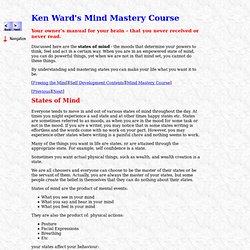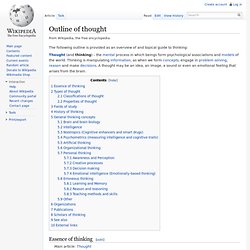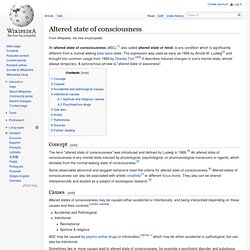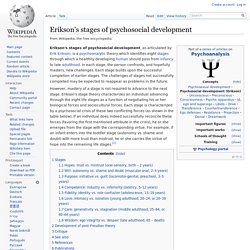

States of Mind. Everyone tends to move in and out of various states of mind throughout the day.

At times you might experience a sad state and at other times happy states etc. States are sometimes referred to as moods, as when you are in the mood for some task or not in the mood. If you are a writer, you may notice that in some states writing is effortless and the words come with no work on your part. However, you may experience other states where writing is a painful chore and nothing seems to work. Many of the things you want in life are states, or are attained through the appropriate state. Sometimes you want actual physical things, such as wealth, and wealth creation is a state. We are all choosers and everyone can choose to be the master of their states or be the servant of them. States of mind are the product of mental events: What you see in your mind What you say and hear in your mind What you feel in your mind They are also the product of: physical actions: Posture Facial Expressions Breathing Etc.
List of creative thought processes. The following outline is provided as an overview of and topical guide to thinking: Essence of thinking[edit] Main article: Thought Types of thought[edit] Classifications of thought[edit] Williams' Taxonomy Properties of thought[edit] Fields of study[edit] History of thinking[edit] Main articles: History of thought and History of reasoning General thinking concepts[edit] Brain and brain biology[edit] Intelligence[edit] Nootropics (Cognitive enhancers and smart drugs)[edit] Psychometrics (measuring intelligence and cognitive traits)[edit]

Consciousness / Philosophy. Altered state of consciousness. An altered state of consciousness (ASC),[1] also called altered state of mind, is any condition which is significantly different from a normal waking beta wave state.

The expression was used as early as 1966 by Arnold M. Ludwig[2] and brought into common usage from 1969 by Charles Tart.[3][4] It describes induced changes in one's mental state, almost always temporary. A synonymous phrase is "altered state of awareness". Concept[edit] The term "altered state of consciousness" was introduced and defined by Ludwig in 1966.[5] An altered state of consciousness is any mental state induced by physiological, psychological, or pharmacological maneuvers or agents, which deviates from the normal waking state of consciousness.[5] Some observable abnormal and sluggish behaviors meet the criteria for altered state of consciousness.[6] Altered states of consciousness can also be associated with artistic creativity[7] or different focus levels. Causes[edit] Accidental and pathological causes[edit] Fasting. Erikson's stages of psychosocial development. Erikson's stages of psychosocial development, as articulated by Erik Erikson, is a psychoanalytic theory which identifies eight stages through which a healthily developing human should pass from infancy to late adulthood.

In each stage, the person confronts, and hopefully masters, new challenges. Each stage builds upon the successful completion of earlier stages. The challenges of stages not successfully completed may be expected to reappear as problems in the future. However, mastery of a stage is not required to advance to the next stage. Erikson's stage theory characterizes an individual advancing through the eight life stages as a function of negotiating his or her biological forces and sociocultural forces. Stages[edit] Hopes: trust vs. mistrust (oral-sensory, birth – 2 years)[edit] Existential Question: Can I Trust the World? The first stage of Erik Erikson's theory centers around the infant's basic needs being met by the parents and this interaction leading to trust or mistrust.